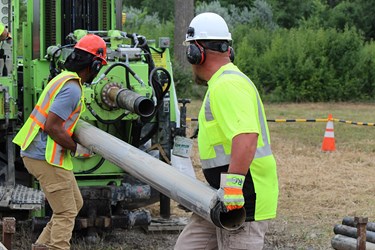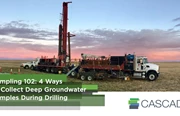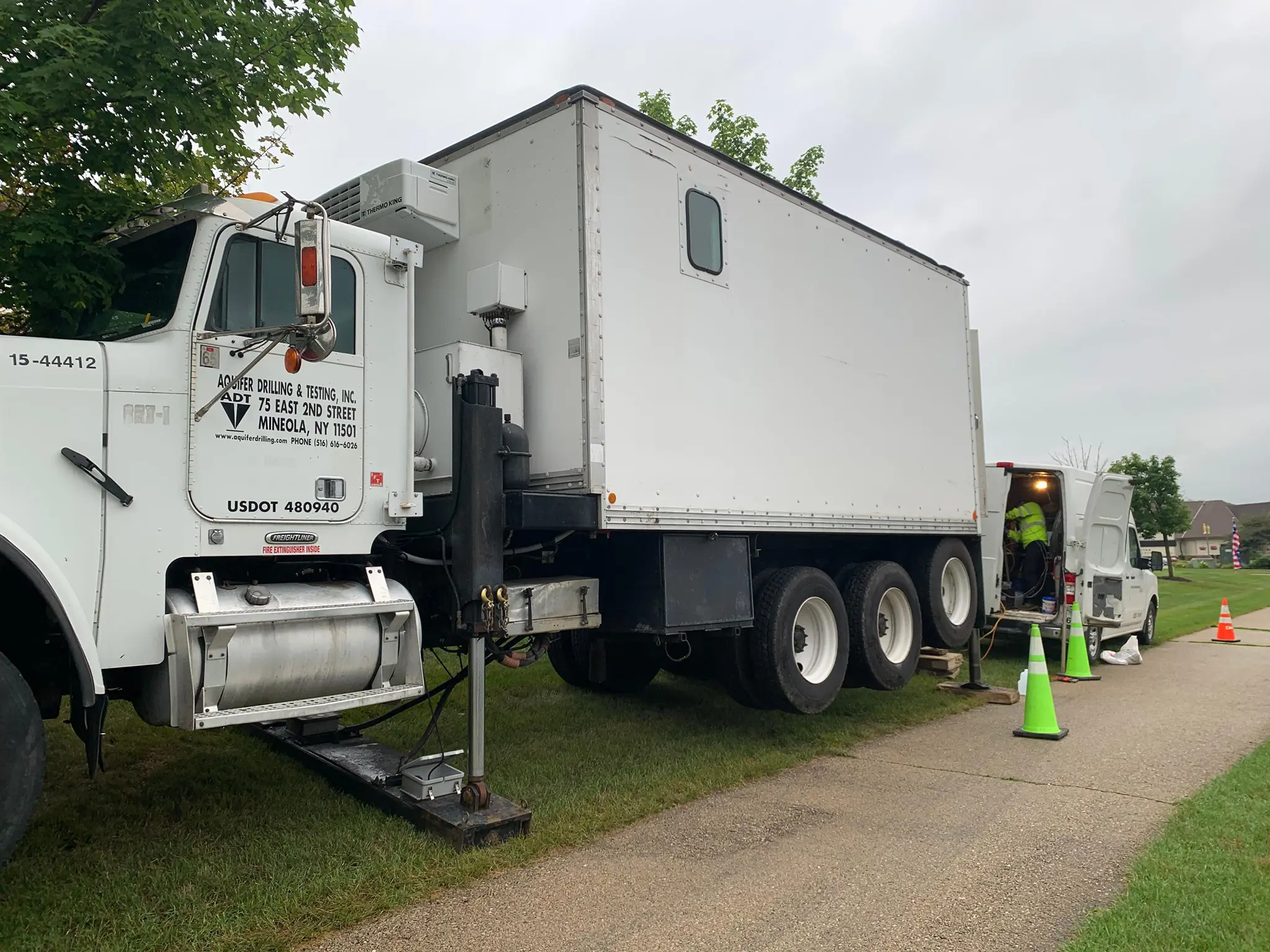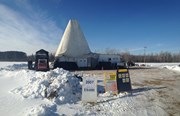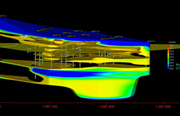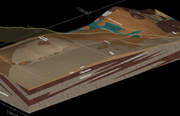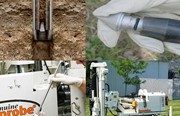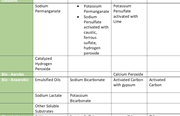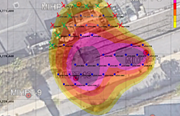What is Continuous Core Sampling?
Continuous core sampling is a method of gathering core samples that provides a single, uninterrupted sample from the subsurface. Unlike methods where separate samples are taken at various vertical intervals, continuous core sampling offers a more complete representation of the subsurface layers. This process can be performed using various cased drilling techniques but is most commonly associated with sonic drilling technology due to its precision and efficiency.
How Does Continuous Coring Work?
In continuous coring, the sampling equipment is advanced systematically to capture every depth interval.
Initial Depth
Begin sampling from the ground surface to a predetermined depth, commonly 0-5 or 0-10 feet below ground surface (bgs).
Subsequent Intervals
After the first sample (0-5 ft), the process repeats, advancing to deeper intervals - 5 to 10 ft, 10 to 15 ft, and so on - until the desired depth is reached.
Sample Collection
The core samples are collected in long barrels (typically 5-10 ft) and presented for analysis or testing. Each sample presents a continuous representation of the soil, sediment, or rock layers at that depth, ensuring no critical data is missed during the core drilling process.
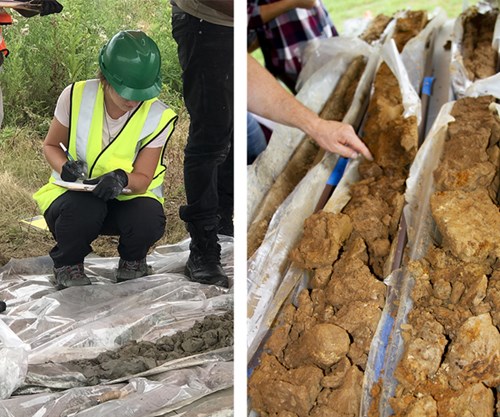
Benefits of Continuous Core Sampling
Continuous core sampling offers several benefits, especially when there is limited data available for subsurface characterization:
-
Complete Data Collection: No gaps in the sample, giving geologists a detailed picture of the subsurface.
-
Accurate Soil Classification: It allows for precise logging and classification of soil types.
-
Groundwater Identification: Helps identify the depth of groundwater tables and any significant variations.
-
Contaminant Detection: Essential for locating and measuring the extent of potential contamination.
Common Applications for Continuous Core Drilling Sampling
Continuous core sampling is widely used for several purposes, including but not limited to:
-
Environmental Site Assessments - Characterizing the site’s subsurface for future remediation or construction projects.
-
Geotechnical Investigations - Collecting data necessary for infrastructure development.
-
Hydrogeological Studies - Mapping groundwater resources and aquifer characteristics.
-
Contaminant Studies - Identifying and classifying contaminants in soil or rock layers.
Why Choose Continuous Core Drilling Samples?
Choosing continuous core sampling over interval-based sampling methods offers several advantages:
-
Comprehensive Subsurface Insight: By eliminating gaps between intervals, continuous core samples provide a more complete and accurate understanding of the underground environment.
-
Efficiency: Continuous coring is faster than traditional methods, reducing the need for multiple sampling efforts.
-
Versatility: This technique is applicable to a wide range of geological conditions, making it suitable for various projects, from construction to environmental studies.
